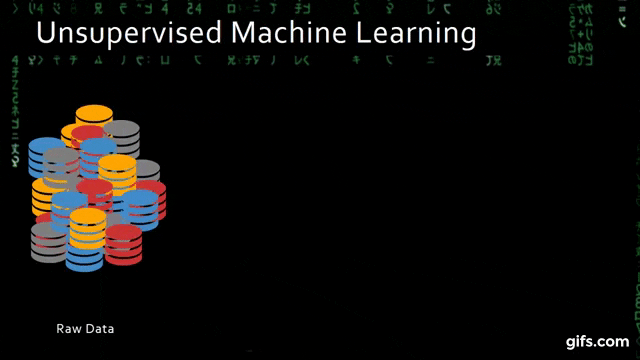The gaming industry is no longer a simple and cheap way to keep restless children occupied during their summer vacations. People of all ages actually spend hours together in front of their gaming consoles playing a variety of games. The quality of games has improved beyond recognition today, keeping serious gamers glued to their games for long periods of time, helping make these games economically feasible.
One big change in recent years that has turned the gaming industry around is the development of artificial intelligence and virtual reality. Let us see a few ways in which this has happened.
Gaming Realism
We have seen how virtual reality helps to generate 3D images or an overall environment that interacts with reality. We have all been amazed and impressed to see a real character in a VR environment wave his or her hands in the air and conjure up a screen on which different dials and buttons are available. Similar virtual reality environments inside games have added a touch of the realistic to these games.
Adaptive Environment
Unlike the static code of earlier games, where a certain action X by a character or the player would result in a fixed outcome Y only. But with the introduction of artificial intelligence, the environment and the responses to actions could be varied, with the game throwing up different responses in different scenarios.
The Move to Responsive
Most of the activities we do today are moving from the computer to our mobile phones, like watching sports or news or looking at weather forecasts, ordering takeaway, booking tickets, etc. The situation is no different for the gaming industries. They are having to adapt to this scenario and create games that are easy to view and easy to maneuver on mobile phones. Responsiveness is the new buzzword.
Heavy Computing Power
This is a phenomenon observed in all our gadgets like computers, mobile phones etc. There has been a surge in computing power. This has affected gaming as well, with super-fast responses from the characters. This is because the gaming consoles now carry unbelievable computing power.
Machine Learning
Artificial intelligence in gaming consoles is encouraging the gaming programs to learn from past experience and adjust its responses accordingly, making the gaming experience more difficult for the players. The games are getting smarter because of the use of these artificial intelligence tools, making them all the more challenging for the players.
Real-Time Reactions
Games earlier were one-dimensional collections of graphics and code which threw up situations for the gamers, to which they would provide certain reactions, to which the game would again provide a certain response. This was done with the help of a detailed algorithm which dictated the machine’s response. But now, with AI, the events happening within the game would influence the reaction of the computer, and these changes in reaction would also go into its knowledge bank and contribute to its machine learning.
Developer Skills
One more aspect of the industry changes in the gaming industry is that the developers writing the code for these games now have to contend with all the changes listed above, and therefore have to pick up adequate skills for incorporating elements of artificial intelligence and virtual reality in these games.
Industry Change
The gaming industry is seeing far-reaching changes as a result of the addition of virtual reality elements into games. The gaming experience becomes much more rich and intense for the player, therefore making them more willing to fork out much higher prices for the games they buy. Advertisements linked to different games have also become more visible, providing gaming companies to look at a rich stream of revenue.





